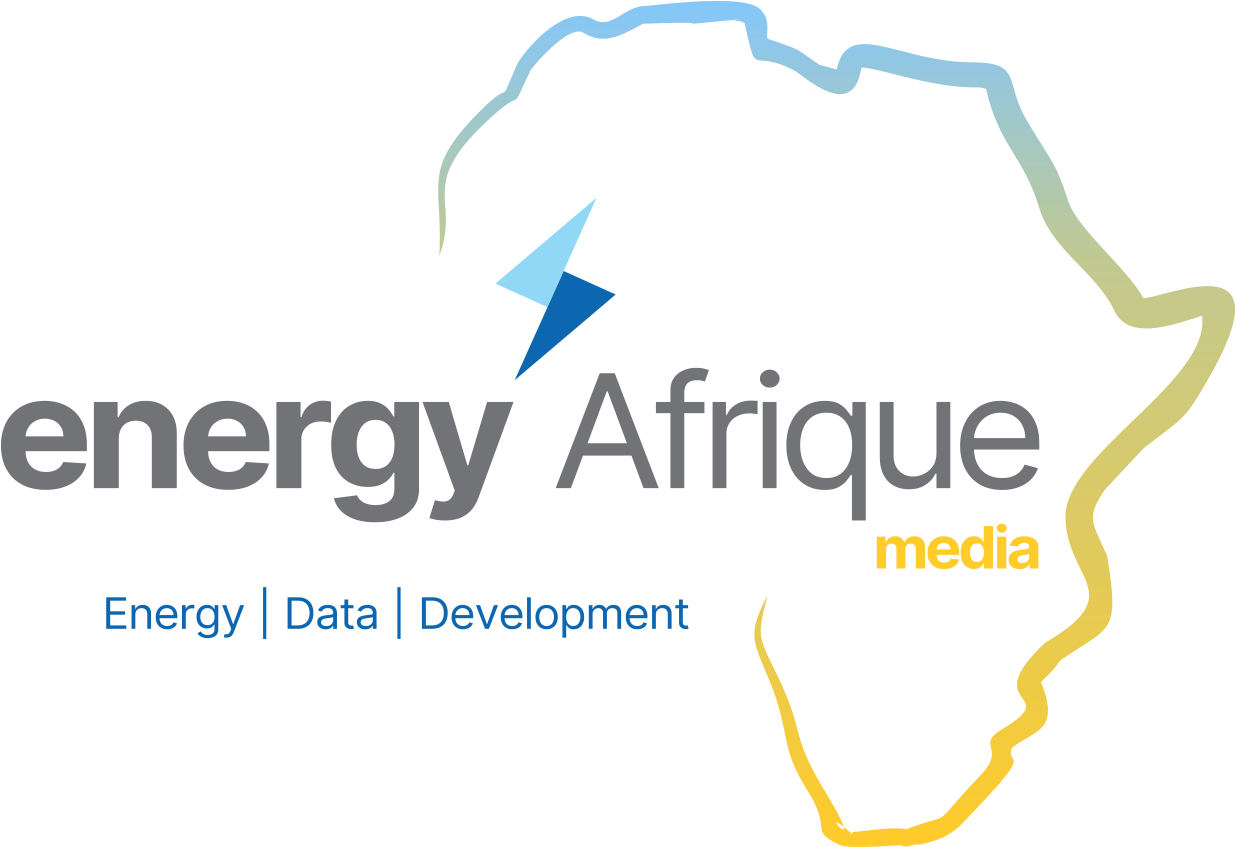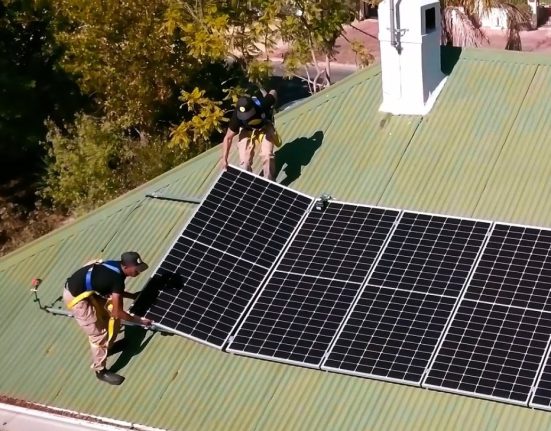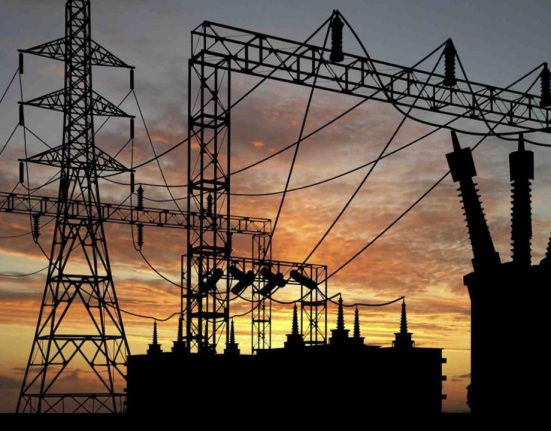Renowned explorer and environmentalist Bertrand Piccard has emphasized the critical need to address energy waste alongside the transition to renewables, calling it “hopeless” to solely rely on renewable energy without improving efficiency.
During a panel discussion titled “IOT: Powering the Digital Economy,” moderated by CNBC’s Silvia Amaro, Piccard highlighted that approximately three-quarters of the world’s energy is wasted due to inefficient systems and behaviors.
“So if we try to replace fossil [fuel] energy with renewables without being efficient, without reducing the consumption, it’s hopeless,” he said.
Piccard, founder and chairman of the Solar Impulse Foundation, expressed concern over the limited focus on alternative renewable energy sources such as biogas and geothermal energy.
“So we focus on producing more, instead of consuming less, and in the production that we want to do, we forget a lot of different types of renewable energies that we don’t take into consideration,” he said.
A report published in October by the European Commission showed that while bioenergy continued to be the main source of renewable energy in the EU in 2021 — at around 60% — biogas made up just 10% of this share.
Geothermal energy accounted for just 2.7% of renewable energy consumption, while wind power was 13.2% and solar energy was 7.2%.
Piccard emphasized the potential benefits of utilizing Chinese solar panels in Europe to generate cheaper electricity, which could support local production, including hydrogen generation.
Reflecting on the progress in renewable energy over the past two decades, Piccard credited China for significantly reducing the cost of solar energy.
He highlighted the role of innovation and collaboration in advancing renewable technologies, citing the Solar Impulse project as an example of the transformative potential of solar energy.









